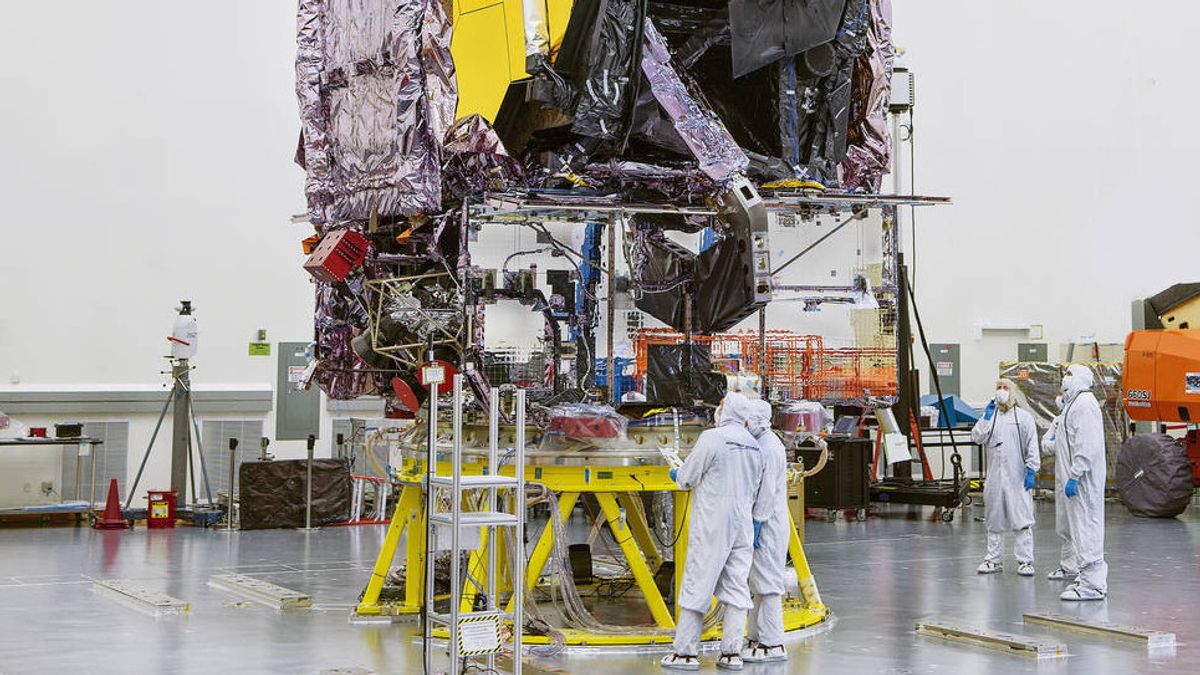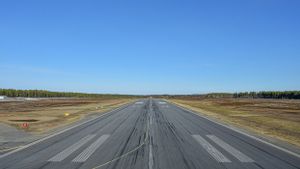JAKARTA - NASA has set a launch date for the James Webb Space Telescope, the long-awaited successor to Hubble. The Webb telescope itself has been in development since 1996.
At the time, a joint project between NASA, the European Space Agency (ESA), and the Canadian Space Agency (CSA) hoped to launch a new space telescope in 2007. Faced with challenges such as cost and design, it forced researchers to start over from scratch in 2005. , which should be completed in 2016.
However, further improvements and redesigns, coupled with the challenges of the COVID-19 pandemic, meant that further rollouts were not on schedule. Now, NASA has announced, Webb finally has a launch date of December 18, 2021. Later, Webb will be carried by Arianespace's Ariane 5 rocket.
Getting to Know James Webb's Innards
To quote Slashgear, Thursday, September 9, much bigger than Hubble, and more powerful, Webb is known by the nickname JWST. This telescope will focus on different parts of the electromagnetic spectrum. Where Hubble has observed the near ultraviolet, visible, and infrared for the past three decades, Webb will be looking into the lower frequency range.
Such light with wavelengths up to the mid-infrared would give it a view hitherto unobtainable through the history of the universe. In particular, Webb will be able to see objects with a high redshift.
Electromagnetic redshift occurs over time, as radiation travels through expanding space. The result is that some things are too old, or too distant, for Hubble to observe, but which Webb can track. Thus, it will be able to peer deeper into the history of the universe as astronomers try to answer questions about its origin.
Webb will reveal new and unexpected discoveries, and help humanity understand the origin of the universe and our place in it.
Given its size, the Webb is designed to be folded. Webb has 18 hexagonal mirror segments made of gold-plated beryllium. This mirror is non-foldable, and is 21 feet in diameter. But the telescope is detachable, so it can fit inside the payload of the Ariane 5 rocket.
Currently, Webb is being stored in a configuration that resides at the Northrop Grumman facility in Redondo Beach, California. It will then be sent to Europe's Spaceport in French Guiana, on the northeast coast of South America to launch into space later this year.
The English, Chinese, Japanese, Arabic, and French versions are automatically generated by the AI. So there may still be inaccuracies in translating, please always see Indonesian as our main language. (system supported by DigitalSiber.id)










